
Population:
16.88 million
Evangelical population:
7.57%
People groups:
141
Unreached people groups:
78

Chad
With great ethnic and linguistic diversity, this country in north-central Africa is home to more than 100 languages and dialects, though Arabic and French are the official languages.
It is also religiously diverse. More than 57 percent of the population is Muslim, and 48 percent of those are Sunni, 21 percent Shia, 23 percent “just Muslim,” and 4 percent Ahmadi. More than a quarter of the population is described as Christian, and a small proportion of the country’s people practice the ancestor or nature god worship of animism.
Muslims are found mainly in northern and eastern Chad, while animists and Christians live primarily in the southern areas. The country’s constitution defines the country as secular and guarantees religious freedom.
In a country where 80 percent of the people live below the poverty line, many people cannot afford education for their children, opening the way for local missionaries to provide schooling. Native ministries seek funding to open schools and provide financial support and tutoring for students at existing schools.
Local missionaries also disciple children toward the end of bringing the gospel to their parents and other relatives, as well as training them to make an impact on their co-workers and communities as adults. Church-planters proclaiming Christ to unreached peoples need assistance for Bibles, transportation, monthly support, and land for training centers and schools, as well as help for Christians persecuted for their faith.
Refugees from conflict in surrounding countries are streaming in, and local missionaries are bringing them critical aid along with the message of Christ’s salvation. Native ministries are also providing medical care to people facing daunting health problems and water wells as a means of preventing many illnesses with clean water for cooking, drinking and washing. Several income-generating projects are also in the works in the fight against poverty.
Sources: Joshua Project, CIA World Factbook, Wikipedia

How to Pray for Chad
- Pray that growing Islamist movements would not thwart or dampen efforts to expand God’s kingdom.
- Pray God’s will would be done in saved souls, transformed lives, restored dignity and bright-shining communities.
- Pray that churches would be strong and unified to bring glory to God’s name.
More stories from Chad

Serve The Poor And Weary in Chad
Workers from a native ministry organized an assistance operation for refugees who fled into Chad from a nearby country to escape violence and destruction. The missionaries provided rice, macaroni, sugar, and soap to 22 orphaned children, 40 widows, 15 nursing mothers, and a missionary couple. In addition, more than 2,000 people who fled hostilities in local villages received rice and oil.
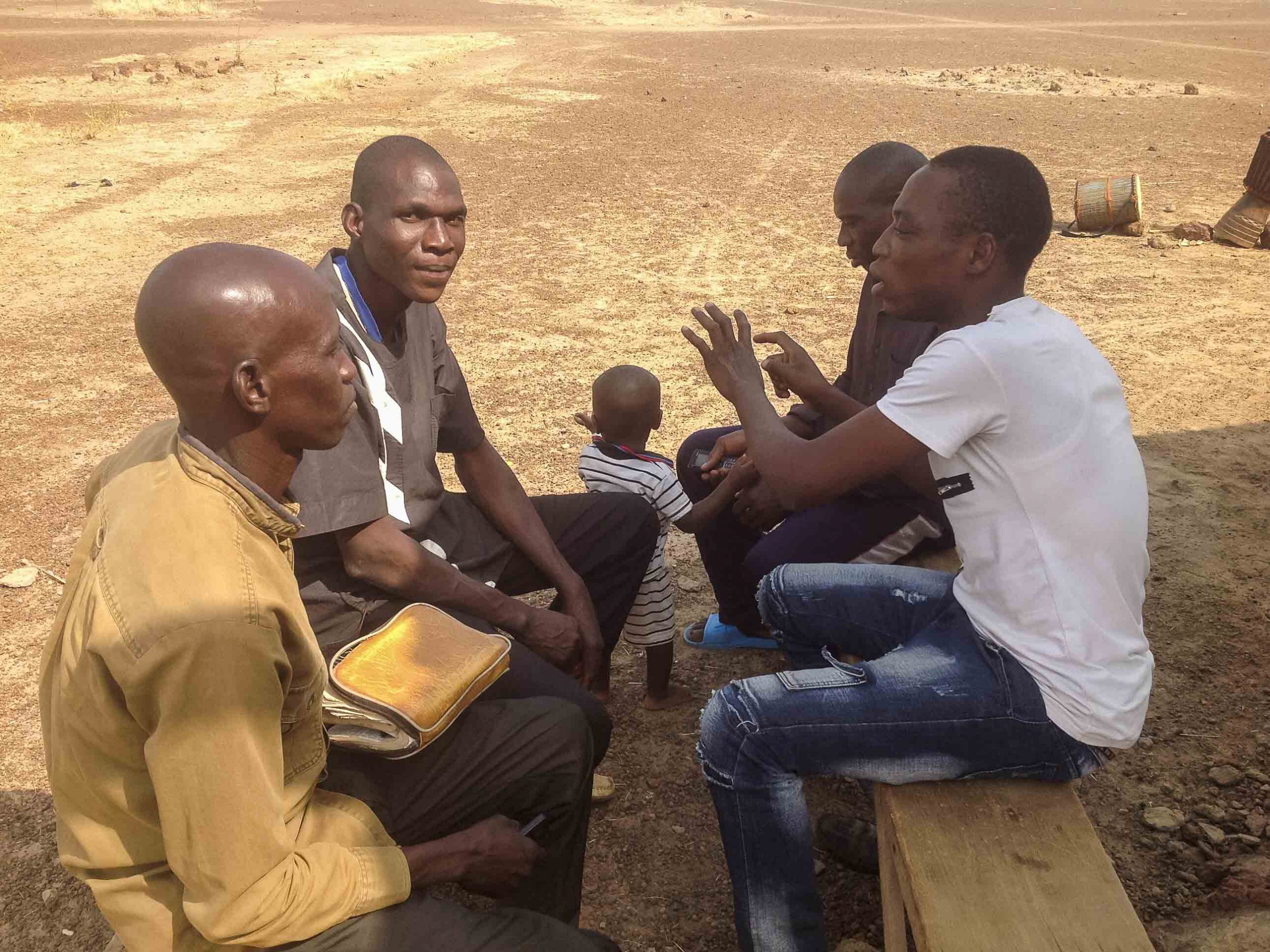
Support Evangelism To Unreached People in Chad
With the donation last year of three new motorcycles, missionaries are now able to visit villages previously difficult to access. Through their outreach, they have begun to develop relationships with unreached people groups. Though the mission field is challenging because of the predominately Muslim communities, Christian workers have seen the fruits of their labor.
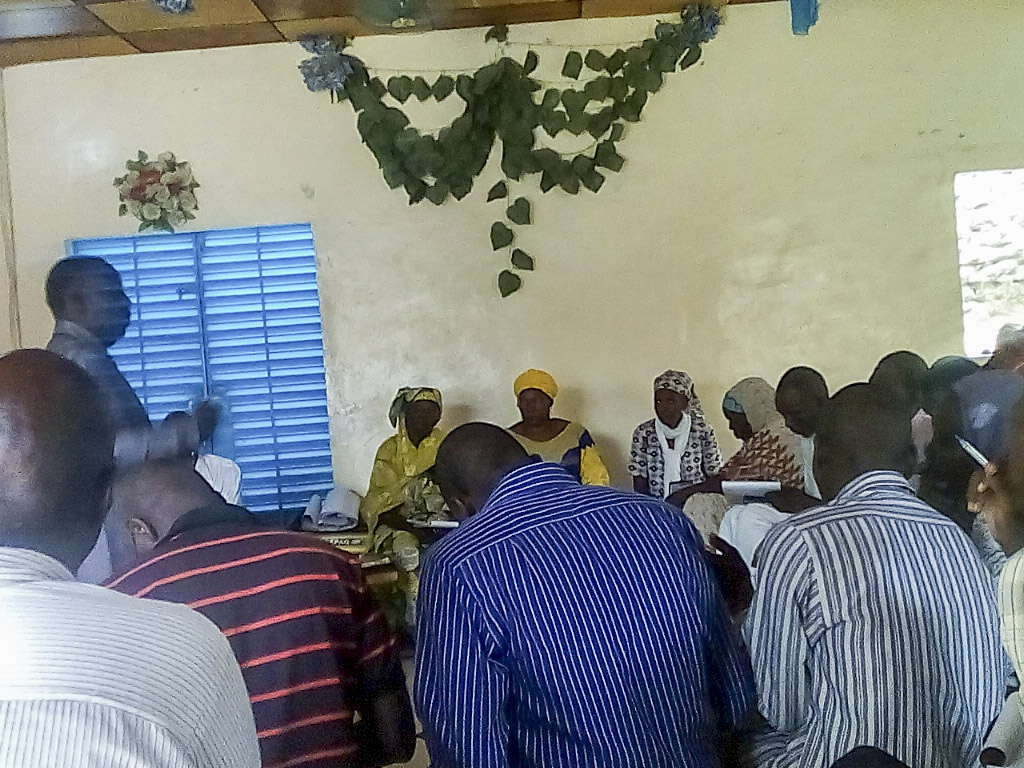
Mobilize Missionaries to Reach the Lost in Chad
A 30-year-old man used to wear charms on his body for protection against evil spirits and was addicted to alcohol. Since missionaries led him to Christ, he burned his charms and stopped drinking alcohol. He invites his neighbors to join him in attending weekly discipleship classes. This man is one of many people whom missionaries with one ministry have led to Christ.
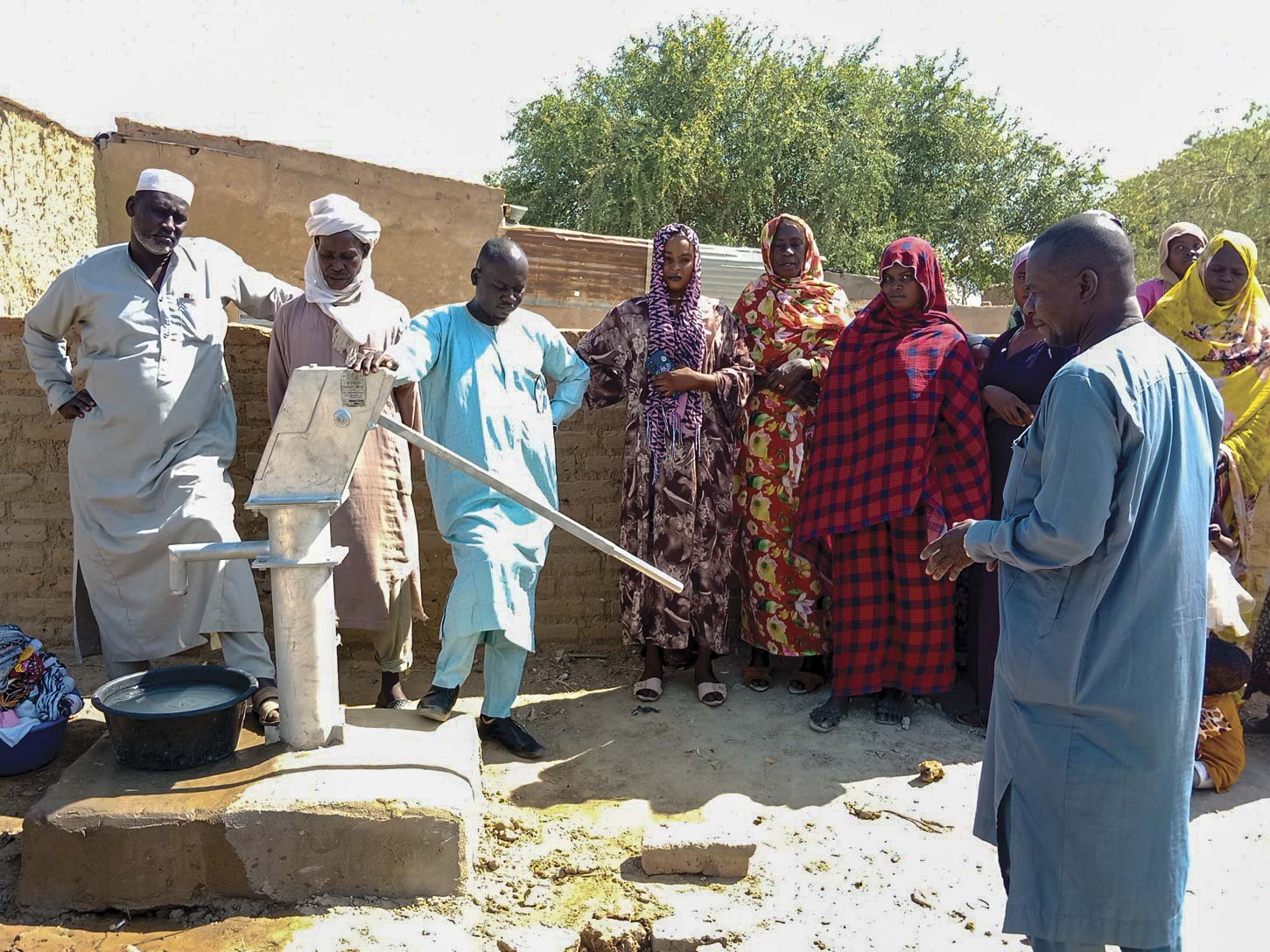
Help Provide Workers’ Monthly Upkeep in Chad
People in predominantly Muslim areas are more open to the gospel as local missionaries improve their lives with clean water, health care and education, but in some areas they brace themselves against hearing the gospel after receiving such expressions of Christ’s love.
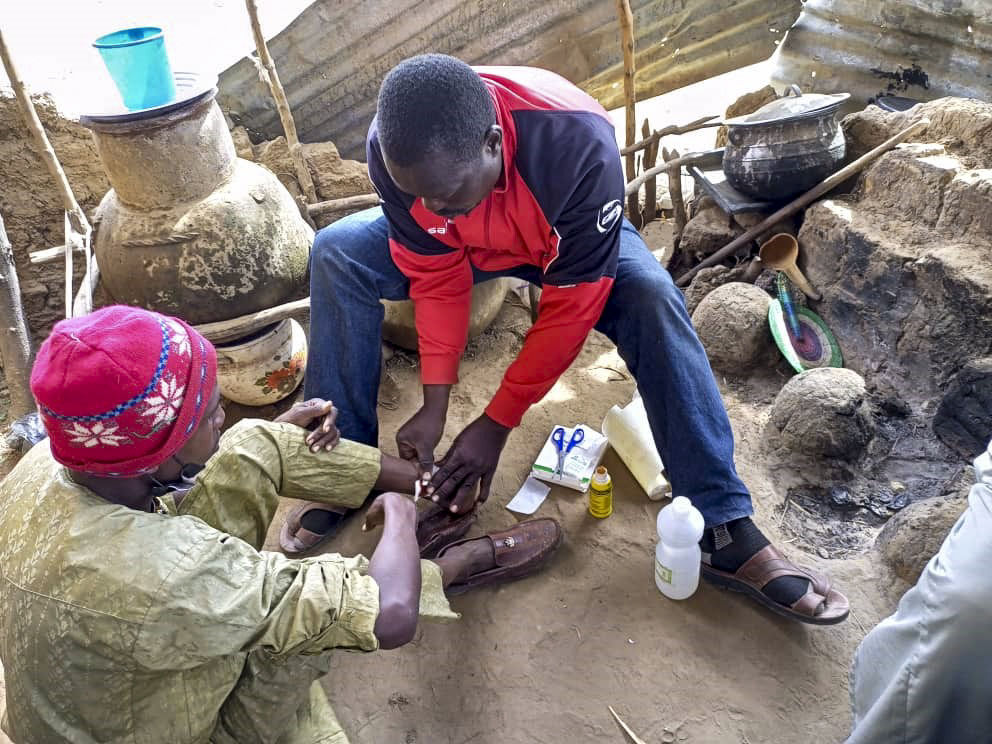
Share the Love of Christ in Chad
A team of four healthcare workers and five evangelists recently visited a town where they treated 192 people free of charge and shared Christ with individuals, families and various groups. They distributed 50 Arabic-language New Testaments, as well as 100 pamphlets and 20 audio Bibles in their native tongue. “Five people, including three women, accepted Jesus as their Savior,” the ministry leader said.
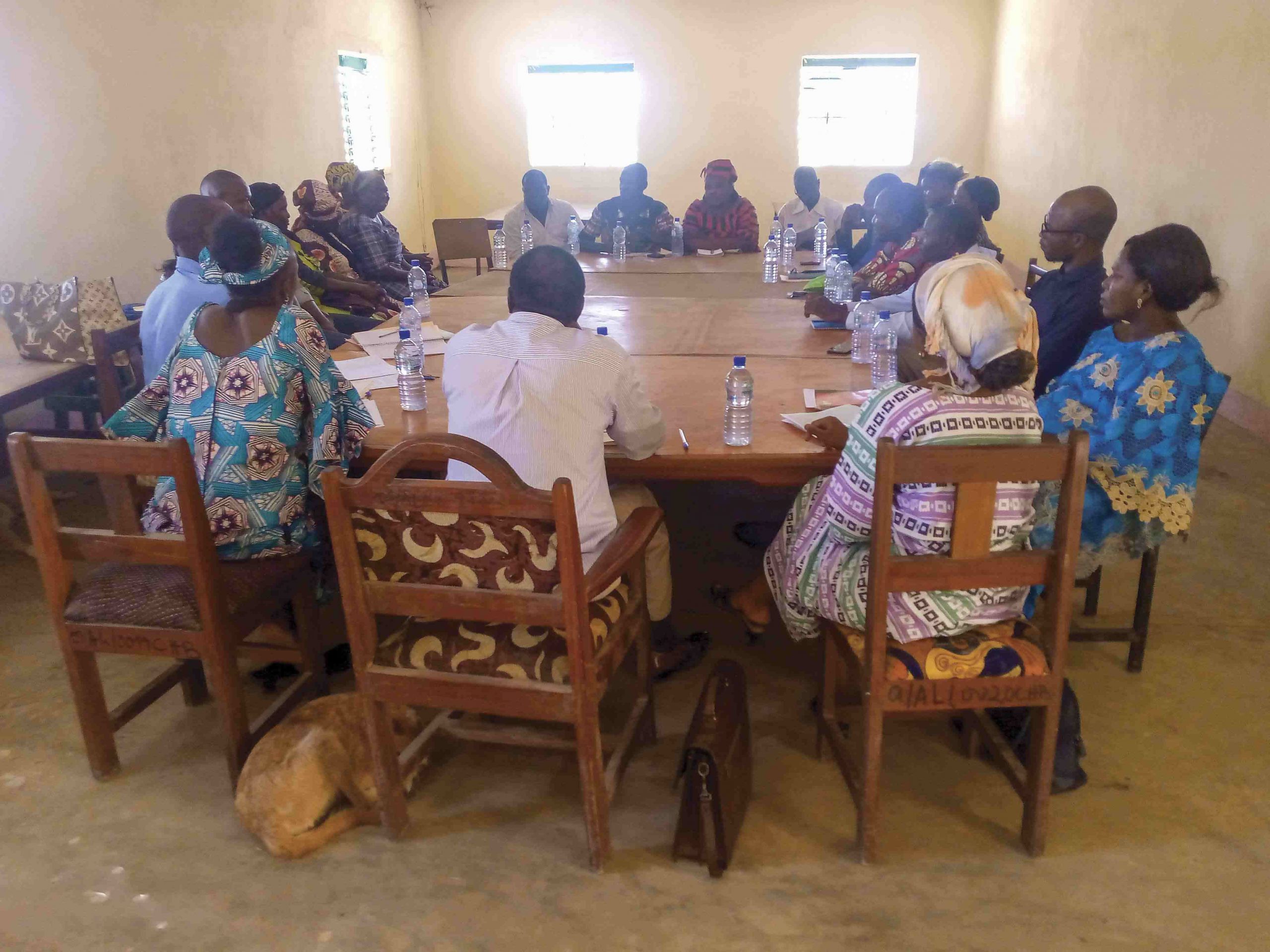
Help Plant Biblical Churches in Chad
Over the course of three months earlier this year, native Christian workers planted several house churches as they led 72 people to Christ. “We call on God first and foremost for the salvation of unreached peoples,” the ministry leader said. “Rescue implies a danger and therefore an urgency that requires a quick and powerful response. So, the whole Body of Christ is urged to pray.”
